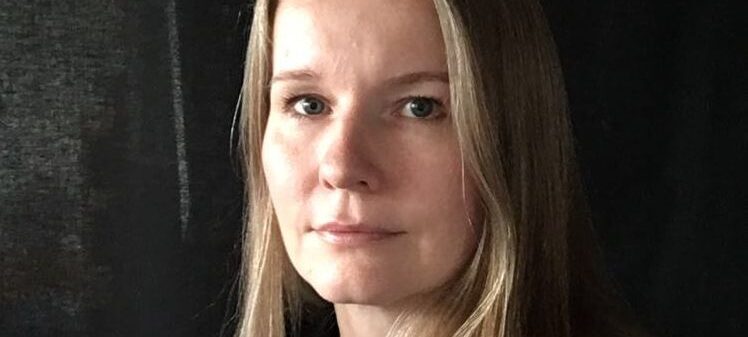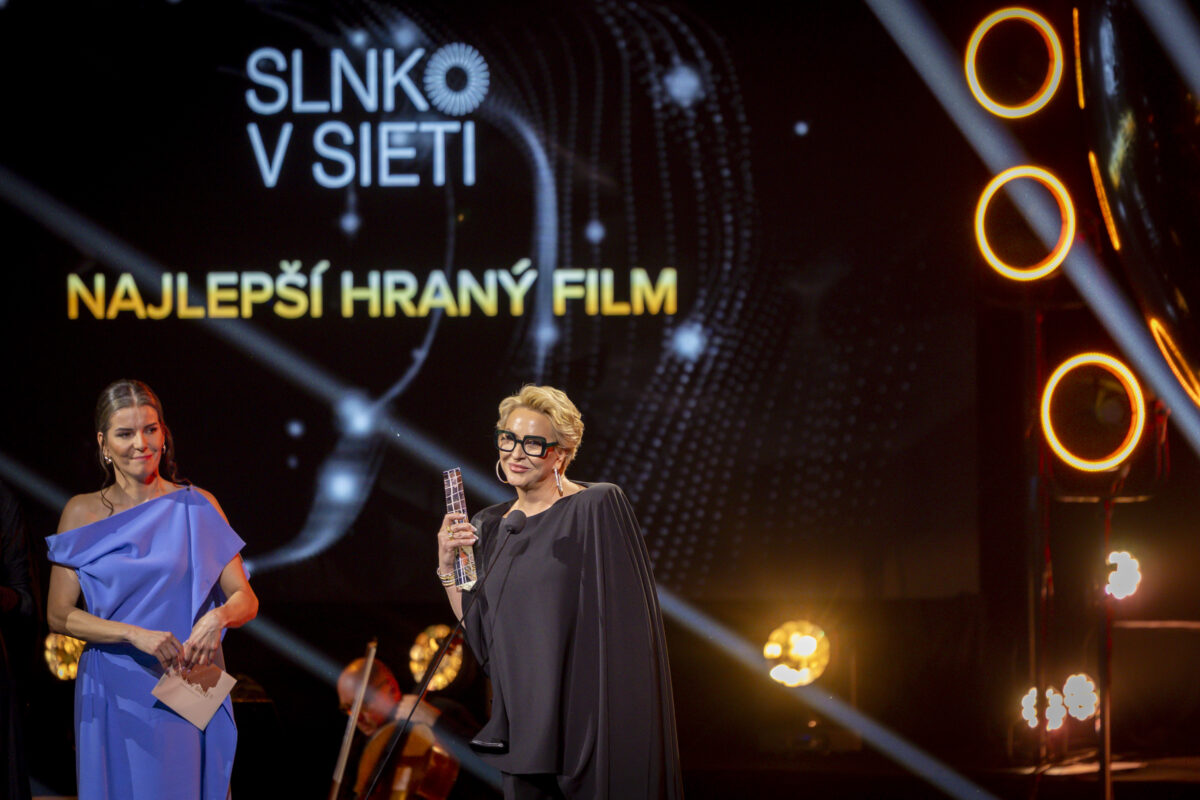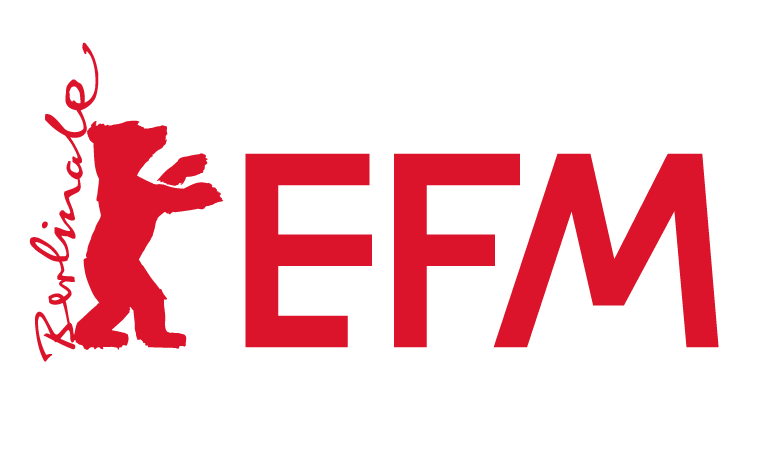Iveta Grófová is a director, scriptwriter, and producer. Her debut Made in Ash (2012) had its world premiere at the KVIFF as the opening film of the From the East to the West section. Little Harbour (2017), based on Monika Kompaníková’s book, won the Crystal Bear Award for the best film of the Generation Kplus section at the Berlinale. Her new drama from a wartime Slovak state, The Hungarian Dressmaker (2024), based on the novel by Petr Krištúfek and produced by Zuzana Mistríková (PubRes), will premiere in the Crystal Globe Competition at the KVIFF 2024.
In the 1940s Slovak State, you introduce us to the story of Marika, who shelters a Jewish boy on the Slovak-Hungarian border. Why did you choose this particular topic and period?
This topic chose me. I joined the ongoing authorial project of the writer, script writer and director Peter Krištúfek. It was to be his second feature film after his debut Visible World (2011). The film producer Zuzana Mistríková approached me with the opportunity to continue Peter’s work just as I was contemplating my own new film project. I read Peter’s script and couldn’t get it out of my head. We had a debate with the producer about how to approach Peter’s idea of the film, to what extent to stay true to it and to what extent can I offer my perspective on the matter. We also asked this question to Katka Krištúfková, Peter’s wife. When they both assured me that they trusted my authorial approach, I decided to make the film.
“Slovakia belongs to the Slovaks, mutual hatred is rising, nationalism is getting stronger, a period that does not favor any minorities.” Did you anticipate that when you decided to work on this topic, the issues it addresses would sadly remain frighteningly relevant upon the film’s premiere? Do you think people can learn from history?
I immersed myself in the project about five years ago. I carefully studied the situational reports of the Hlinka Guard from Podunajské Biskupice, where the film is set. I had recordings of contemporary witnesses, I studied the contemporary newspapers and local dialects. I felt a great responsibility in portraying this sensitive period in Slovak history. In the process, strong parallels with the present day kept coming to me. How we treat each other today, what our attitudes and life strategies are, for example when covid came… then the war in Ukraine… our politics—it’s still us. Just as susceptible to manipulation, filled with frustration and fear, as we were then.
The Hungarian Dressmaker talks about the delicate balance between humanity and self-preservation, where one often excludes the other. Do you like contradictions?
I see contradictions everywhere. I like to look at things from different sides, research, argue, embrace dilemmas and ambivalent meanings. With this approach, I feel somehow more honest, paradoxically closer to the essence.
Are you already working on any other project?
I am working on a contemporary mystery drama with the working title Reborn. It is a story of an evangelical parish priest who almost lost her faith, and a rational man named Martin who has nearly lost his mind. They are looking for a way to start living all over again in this time and in this country. We work on this project together with the scriptwriter Marek Leščák and the DoP Denisa Buranová. The development of the project is supported by the Slovak Audiovisual Fund.

The Hungarian Dressmaker
Crystal Globe Competition
Screenings:
June 29 | 19:30 | Grand Hall
June 30 | 10:00 | Pupp
July 1 | 19:00 | Lazne III
July 2 | 16:00 | Congress Hall









